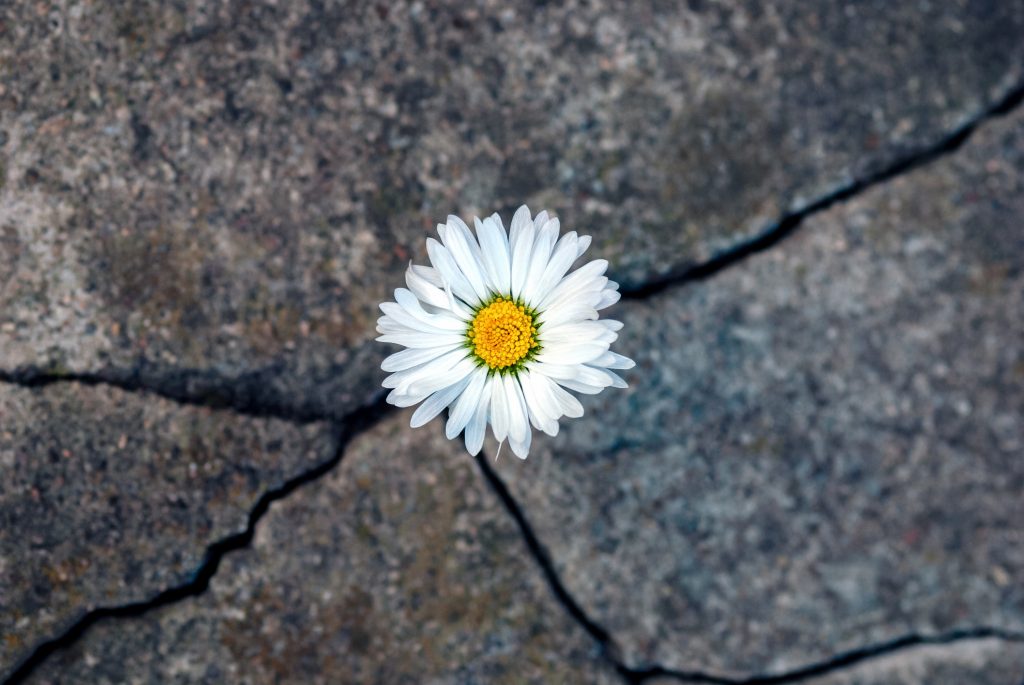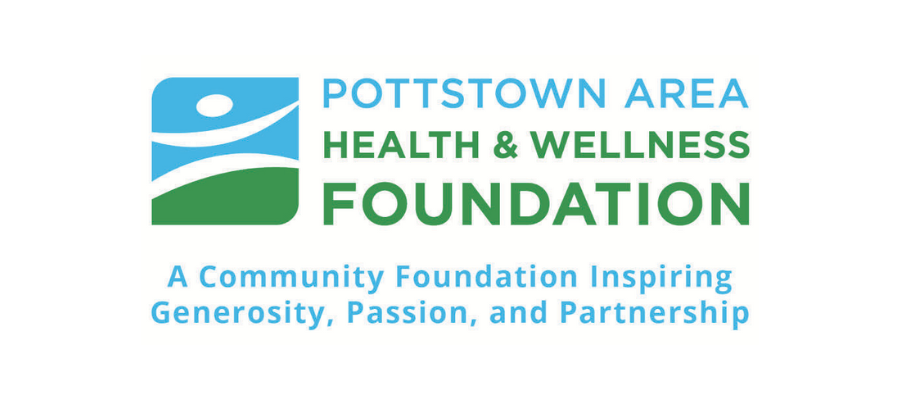Building Emotional Resilience
Got Resilience?

By Nancy Miller, ICF credentialed coach and certified Grief Recovery Specialist
As we wait out the dark months of winter for the return of spring, one way to consider emotional resilience is to think of tulips and daffodils emerging from the ground each April followed by other perennials throughout the growing season. I wish I were as good a gardener as my grandmother who won an award for her vegetable and flower gardens, but I am not. I like the idea of gardening more than I like gardening. It may have something to do with all the bee stings, insect bites and skin reactions I obtained working in the garden. Nevertheless, I enjoy seeing my perennials emerge from the ground each year.
Growing perennials has taught me a few things about resilience. When I cut them back too far or prune them the wrong way or at the wrong time, many of them have still survived and even flourished. Sometimes after a very cold winter or when the ground has been too dry or too wet, their survival is threatened. With some tender loving care, most of them do well. One of the things that allows some of the hardy plants come back is their resilience or drought or pest resistance.
When we think of emotional resilience, we sometimes think simply of the ability to bounce back. The picture that comes to mind is my brother’s childhood inflatable punching toy. It amazed us each time it would rise back up after we knocked it to the ground. Perhaps you had one of those toys. Building resilience is not quite as simple as that inflatable toy rising back up. Bouncing back after being metaphorically knocked down in life is possible and is one aspect of resilience.
Many of us have struggled with the impacts of the pandemic over the past two years. Anxiety, isolation, illness, and loss have all left their marks on ourselves and our families. When we think of our own lives after we’ve gone through a difficult season, we might wonder if we’ll flourish again. We can when given the right care and using the right strategies because whether you come from hardy stock genetically or not, resilience is a skill you can build.
Recent reports indicate resilience is a vital skill to develop for success. I found the following facts noteworthy.
- A growth mindset and resilience are listed as skills schools can help students develop. Numerous other skills are listed in this article from Education Week.
- The headline reads, “Resilience is a Skill that’s Just as Important as Tech Know How” in this Strategy+Business article.
- This article in HRdive.com points out that building resilience boosts revenue growth. Resilient leaders and managers are less likely to burn out. Resilient workers score higher on cognitive flexibility and team creativity. They also earn more money than their less resilient coworkers.
What is resilience anyway? Psychologists define resilience as the process of adapting well in the face of adversity, trauma, tragedy, threats, or significant sources of stress.Dictionary.com defines resilience as the ability of a person to adjust to or recover readily from illness, adversity, major life changes.
Since this is such an important skill needed for people at various stages of life and we’ve all experienced some level of adversity this past year, how do we build it?
There are several strategies to build resilience. These are just a few,
- Develop self-awareness. Becoming self-aware of your thoughts, motives, values, emotions, and habits will enable you to build resilience. As you learn to identify and observe how you show up, you can observe what is working well for you and what is not. Self-awareness involves honestly looking at who you are and how you show up. As you do that with self-compassion and not self-criticism, you can decide what you want to adjust. How self-aware do you think you are?
- Strengthen your social connections and support system. There’s a significant body of knowledge confirming the value of being connected to others, having close relationships, and support systems. We are wired for connection. Life giving relationships and community improve our health and well-being. A key element of the healthy Mediterranean lifestyle is the sense of community which includes gathering for meals. We’ve seen the negative effects of the lack of connections during the past year. This reinforces the need to strengthen those relationships. What is one thing you can do to build or strengthen your social support system?
- Draw on your strengths. When you know your strengths, you can draw on them during a challenging time. This helps to build confidence and resilience. Each person has their own set of strengths. When you do work which utilizes your strengths, you are more likely to thrive. Gallup research supports building and working from strengths rather than focusing on weaknesses. What is one of your strengths?
- Practice self-care. Self-care may be a popular trend, but it’s far more than that. Self-care is important for building resilience. It’s a timeless skill set which is essential for your mental, physical, social, spiritual and emotional well-being. Without self-care practices, your health and well-being will suffer, and you will not have the reserve capacity to build necessary resilience skills to thrive. How are your self-care practices working?
Throughout my career, I’ve been amazed at the resilience of the human spirit. This quote describes resilience well.
” Like tiny seeds with potent power to push through tough ground and become mighty trees, we hold innate reserves of unimaginable strength. We are resilient.”
―Catherine DeVrye, The Gift of Nature
